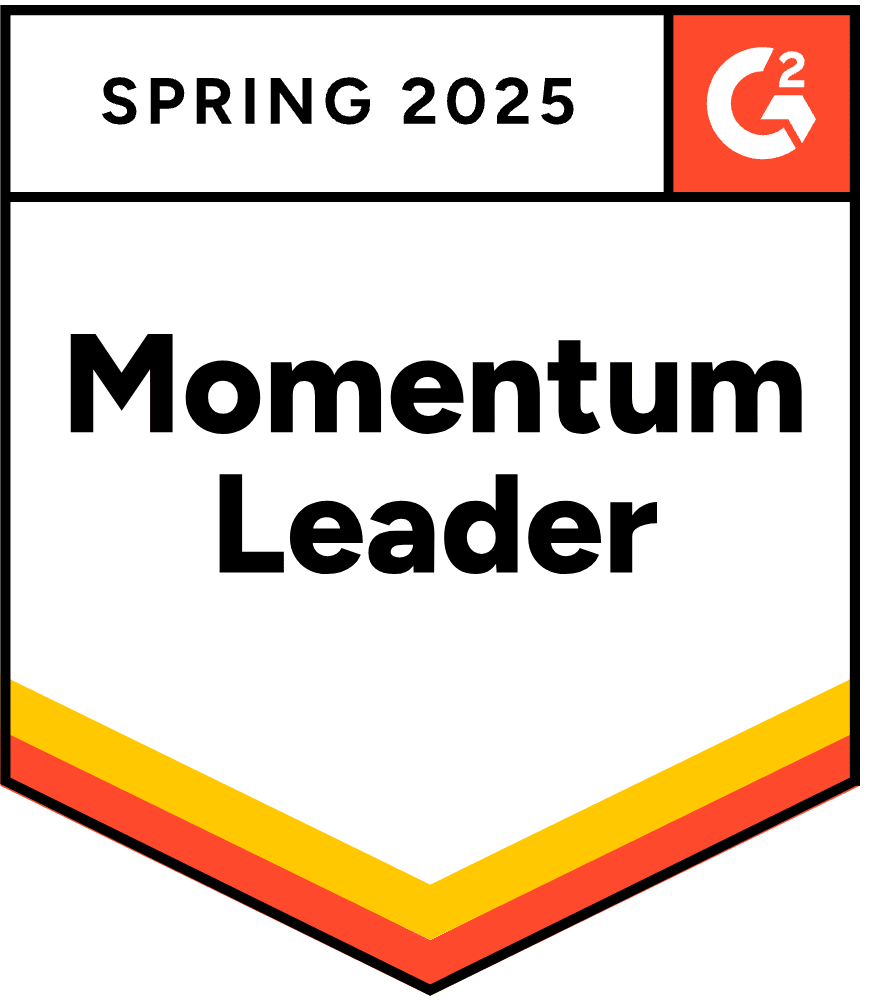The pharmaceutical industry is a diverse and complex field, often filled with specialized terminology that even native English speakers might find challenging. For employees, mastering scientific terms and technical processes is essential. Recognizing this need, we developed a tailored industry-specific language course for pharmaceuticals.
Our language experts designed a blended learning program featuring lessons specifically for all roles within the pharmaceutical sector—from administration to research and development to formulation scientists. These lessons cover pharma-specific vocabulary, common phrases, and real-life scenarios. Read on to discover how your pharmaceutical team can benefit from Babbel’s specialized language course.
Table of Contents
- The Importance of Communication and Language Learning in the Pharmaceutical Industry
- How Can the Pharmaceutical Industry Benefit From Digital Language Courses?
- Why Is Babbel the Right Fit for Pharmaceutical Companies?
- What to Expect From Babbel’s Pharmaceutical Course
- The Takeaway
Discover how our solutions cater to different industries!
Visit our Industry page to learn how we can meet your specific needs.
The Importance of Communication and Language Learning in the Pharmaceutical Industry
Effective communication and language learning are vital in the pharmaceutical industry due to the complex and sensitive nature of the work. Here’s why they matter:
- Regulatory Compliance: The pharmaceutical sector is heavily regulated, requiring strict adherence to guidelines. Clear communication ensures that all parties—from researchers to regulators—understand and comply with these regulations. Language barriers can lead to misunderstandings and non-compliance.
- Clinical Trials and Research: Communication is crucial during the planning, execution, and reporting of clinical trials. Strong language skills are necessary for accurate documentation, informed consent, and effective collaboration among researchers, investigators, and participants.
- Global Reach and Market Expansion: Pharmaceutical companies often operate globally. Learning languages enables them to navigate regulatory processes, negotiate contracts, and market products effectively, enhancing market penetration and revenue potential.
- Medical Professionals and Patients: Clear communication between pharmaceutical representatives, healthcare professionals, and patients is essential for the successful adoption of medications. It helps accurately explain drug benefits, usage instructions, potential side effects, and contraindications.
- Supply Chain Management: In a global supply chain, effective communication with suppliers, manufacturers, distributors, and logistics partners is critical. Language skills help reduce misunderstandings that could disrupt operations.
- Licensing and Partnerships: Collaborations and licensing agreements are common in the industry. Effective communication is vital during negotiations and contract drafting to ensure alignment and success.
- Patient Safety and Adverse Events: Accurate reporting of adverse events is crucial for patient safety. Language barriers can lead to misinterpretations or inadequate documentation, impacting patient health and regulatory reporting.
- Scientific Publications: Language proficiency is essential for publishing research findings in reputable journals. Proper communication ensures accurate dissemination of research, contributing to the industry’s knowledge base.
- Ethics and Corporate Social Responsibility: Clear communication conveys a company’s commitment to ethical practices and safety standards. Language learning enhances messaging related to these values.
- Internal Collaboration and Innovation: Effective communication among cross-functional teams fosters innovation and accelerates drug development. Language skills facilitate collaboration among scientists, researchers, clinicians, and regulatory experts.
- Drug Marketing and Patient Education: In marketing pharmaceutical products and educating patients, clear and culturally sensitive communication is essential. Language skills help tailor marketing campaigns and educational materials to specific audiences.
How Can the Pharmaceutical Industry Benefit From Digital Language Courses?
Investing in language learning offers numerous advantages for pharmaceutical companies:
Optimized communication and ROI
Many pharma companies hire talent globally, resulting in diverse, multilingual workforces. Language learning is essential to avoid miscommunication and ensure smooth collaboration, enhancing overall productivity.
Future-proofing teams
The pharmaceutical industry faces financial pressures that may lead to budget cuts, including in employee training. Despite these challenges, investing in innovation and education remains crucial. Language training can help maintain strong international relations, especially in Business English, preventing costly miscommunications.
Attracting and retaining top talent
Development opportunities are vital for motivating and retaining top talent. Offering further education makes employees feel valued and satisfied, increasing performance and efficiency.
Efficient resource management
To continue providing education, training solutions must be cost-effective and independent of external factors. Babbel offers a more affordable alternative to traditional classroom training, adapting to the needs of a diverse workforce.
Improved technological literacy
As the pharmaceutical sector becomes increasingly digital, integrating digital learning options is essential. Babbel’s user-friendly platform enhances employee technological literacy, offering a variety of learning opportunities.

Why Is Babbel the Right Fit for Pharmaceutical Companies?
Our Babbel for Business team has collaborated with numerous pharmaceutical companies, gaining valuable insights into the field. Based on this experience, our language experts have created a pharmaceutical course tailored to the specific language competencies needed in the industry.
Babbel offers flexible solutions and a variety of languages
Babbel prepares learners for real-life conversations. The 15-minute lessons fit easily into busy schedules, allowing completion during lunch breaks or commutes. Subscriptions are cost-efficient, with easily transferable seats and progress tracking through user-friendly reports.
Babbel offers blended learning for the best learning success
Depending on the specific goals of each company, Babbel for Business offers different subscriptions:
- Babbel App enables employees to get started via the language-learning platform
- Babbel Live combines the online lessons on the platform with group or 1:1 video lessons
Babbel’s blended learning approach enhances language acquisition, helping employees gain confidence in a sector with strong international growth opportunities.
Babbel is a valued corporate benefit
The pharmaceutical industry is home to professionals who are truly top of their game. Offering Babbel as a corporate benefit or as an intensive training opportunity can help retain and motivate talent. And, with an academic workforce, employees are likely to be attuned to further education and will happily reap the benefits of Babbel.
What to Expect From Babbel’s Pharmaceutical Course
Genevieve Sabin, a communication expert at Babbel, leads the development of our pharmaceutical course. She designed it to be accessible to all professionals in the field.
Learners can choose from three different paths:
- Medical and Pharma
- Office Work
- Negotiation and Management
These paths integrate general business competencies, ensuring fast progress and relevant vocabulary acquisition while allowing access to all of Babbel’s course content.
With our new pharmaceutical course, we aim to cover the many facets of this complex industry, providing a solid foundation for effective collaboration among stakeholders.
The Takeaway
Ready to get your company started with language learning? Visit our website to schedule a demo and see what makes our platform the top choice for the pharmaceutical industry.

Ready to see our solutions in action?
Schedule your personalized demo today and discover how we can elevate your team’s learning experience!







